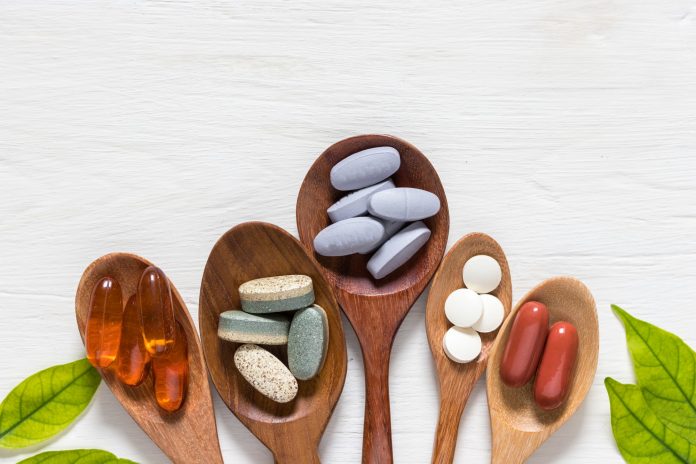Women comprise the bulk of Australia’s vitamins, minerals and supplements (VMS) market, with 4.88 million women, but only 3.36 million men, buying these products (Roy Morgan Research data to March 2020).
This may come as no surprise.
Women are generally considered to be more proactive towards their health than men, and as can be seen across this month’s special feature, women of different ages have particular concerns that can be addressed by targeted VMS – from preparing for pregnancy to bone health.
But it’s not only targeted VMS that can help women.
Accredited herbalist and pharmacist Gerald Quigley says multivitamins are an underrated product from which many women may benefit.
“We’re probably in an age where many people believe there’s a pill for every ill,” Mr Quigley said.
“In many ways, multivitamins have been pushed into the background a little because we’ve all become so specific over particular things.
“But there’s no doubt that when there are gaps in your nutritional intake – and I’ve never in my 52 years in this game met someone who’s got a ‘balanced’ diet – using a multivitamin each day is a very sound idea.”
Ask questions
None of us are in perfect health all the time, he reminds: “There are always things going on in the background.”
The simple question to ask any patient, Mr Quigley says, is ‘how do you feel?’
“It gives you a bit of an idea of where that individual sits, as far as their general health is concerned,” he said.
“Most will express the view that they’re tired, they have low energy.
“With further questioning, you’ll probably find a fair number of them are this way for various reasons – work or young children may mean they don’t have enough nutritional intake across the day, certainly not at breakfast, because there’s so much going on.
“It’s just a matter of patiently, within 30 seconds or so, getting a bit of an idea of what’s going on in that person’s brain that they’re trying to solve.”
One way of reducing any potential development of bigger issues is addressing micronutrients via a well-formulated multivitamin supplement.
There’s “no point”, Mr Quigley says, in taking specific supplements, such as iron tablets, straight off the bat, when there could be other things going on behind the scenes.
“It’s very hard to diagnose a single nutrient depletion without some investigation, such as blood tests,” he said.
“Multivitamins are just a good place to start. Often, just a simple multivitamin each morning makes a significant difference to a person’s energy within four or five weeks.”
Guiding selection
When it comes to helping women select a multivitamin, Mr Quigley says pharmacists and pharmacy staff should put some consideration into the process.
“Don’t just go for the most popular one,” he said. “Understand what’s in them, understand the expectations and make a judgement on whether you believe they’re unrealistic or not.”
He advises continually learning about what’s on offer and customers’ experiences with different multivitamin products.
“Question others on your team about their experiences, ask customers to come back after a month [of using a product] to tell you how they’re feeling, and contact the company behind a formulation that you’re impressed by, to find out what they feel are the benefits of their particular product,” Mr Quigley said, adding that “listening and learning” are ongoing and that “you become a better practitioner by doing so, whatever level you’re at”.
This feature was originally published in the October issue of Retail Pharmacy magazine.







